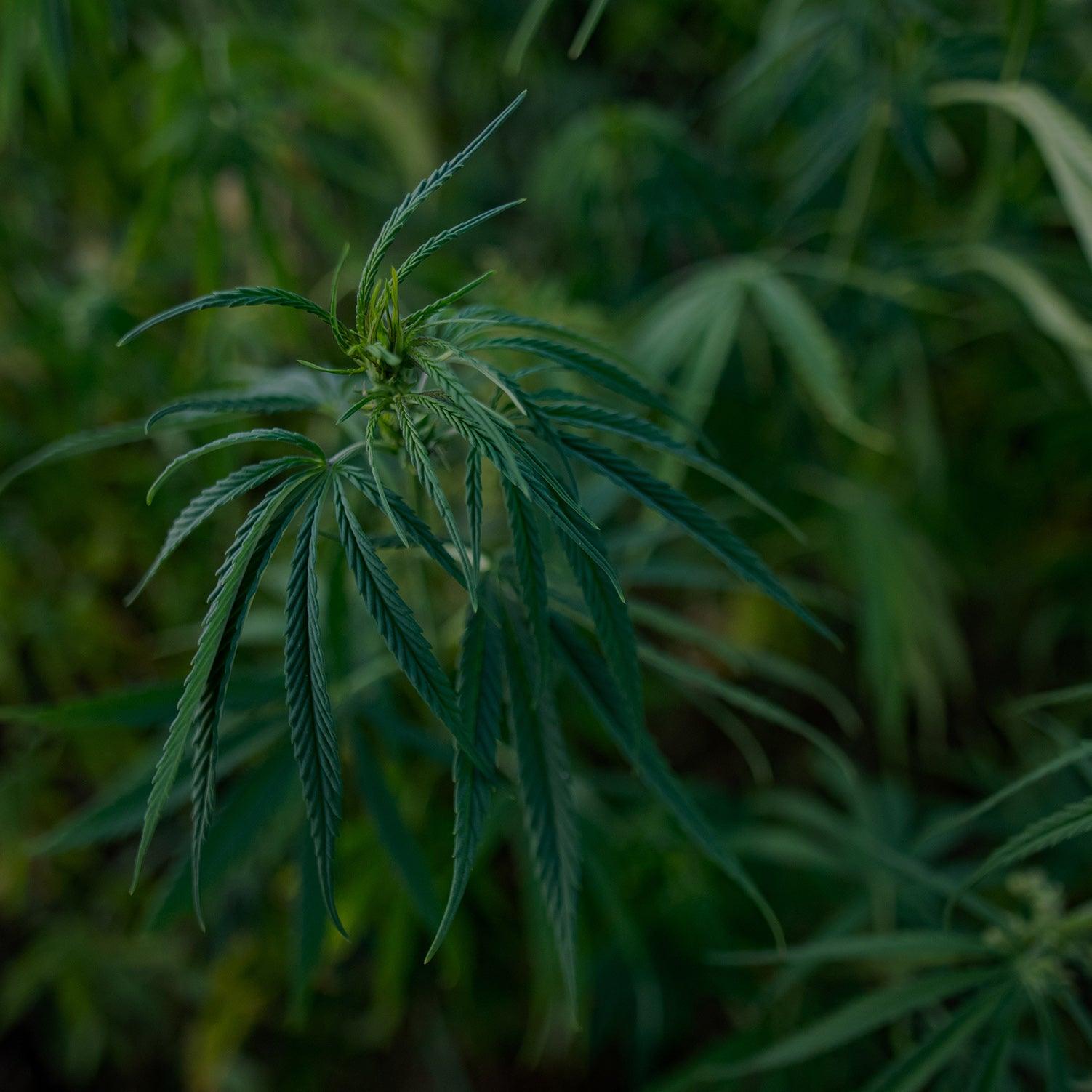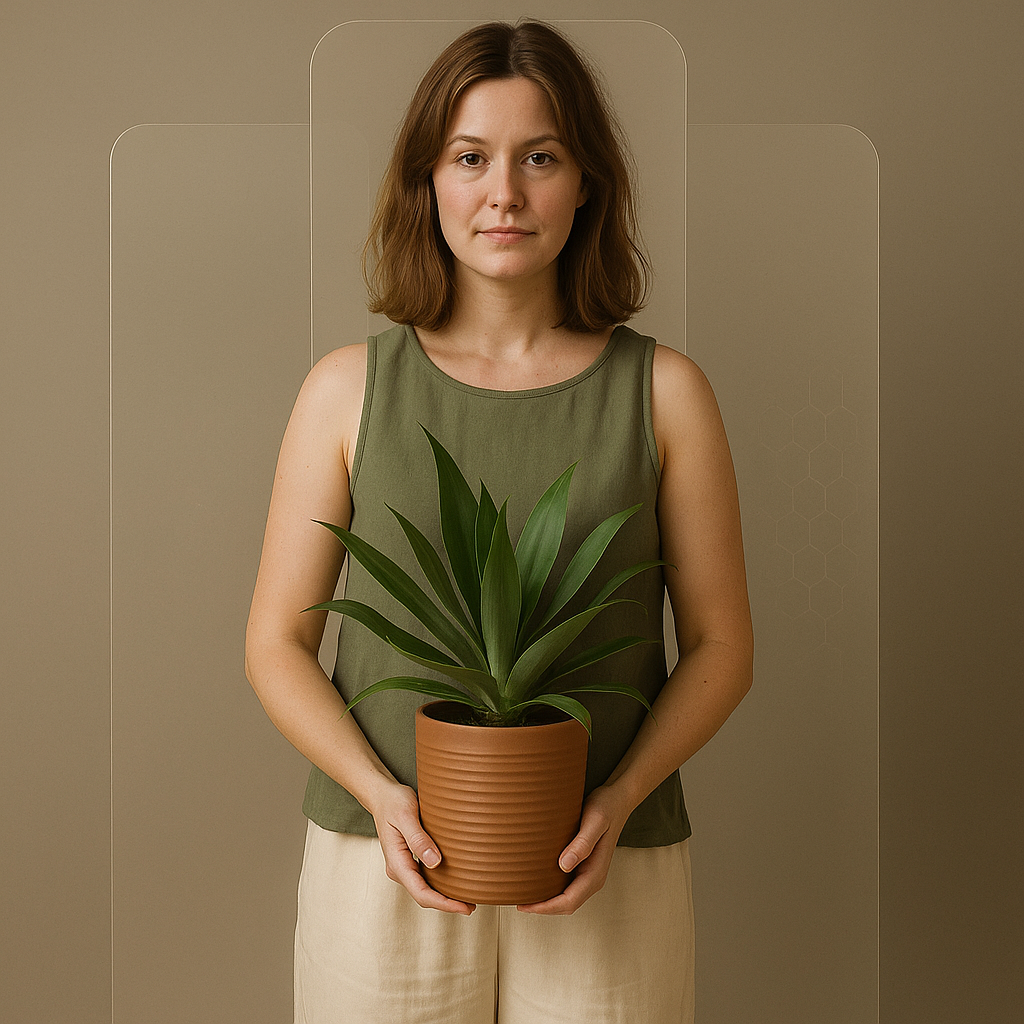Our human lack of microbial diversity

We know today that there is a direct connection between a lack of microbial diversity (the number of different species of bacteria, viruses, fungi, etc.) on the skin and an increased risk of skin inflammations, skin conditions and sensitive skin.
Since the number of cases of skin inflammations and sensitive skin is increasing exponentially in the Western world, something radical must have happened to our microbial diversity. We'll take a closer look at that now... Hold onto your hats...
Recently, American scientists studied the skin of people living in some of the world's last hunter-gatherer societies. They managed to measure their skin's microbial diversity and brought these samples to the lab. They then used the same measurement method and measured the skin microbial diversity of a large number of Americans. When they compared the results, they could hardly believe their eyes.
It was found that the average American had about 30% lower microbial diversity on their skin than the average person in hunter-gatherer societies. This means that we in the Western world have lost about 30% of the microbial diversity that we are supposed to have evolutionarily on and in the skin. It is therefore no wonder that skin conditions and sensitive skin are a growing problem in our urban communities. Our modern way of life has literally eradicated a large part of the microbes that for millions of years have existed on and in our skin to protect us against pathogens (bad microbes).
The next and natural follow-up questions then naturally become... Why has this happened and why have we lost such a large proportion of our microbes?
There are several reasons for this microbial loss but it is specifically six of these modern phenomena that have caused the most damage. Before we go through these reasons, I first want to underline that some of them, in some cases, are necessary to save lives. However, they should be avoided unnecessarily.
Antibiotics
Antibiotics are an amazing innovation that has saved many lives since their inception. The disadvantage of antibiotics can be found in the name. Anti means against and Biotika means life. Anti-life is exactly what antibiotics are. If you e.g.ex taking an antibiotic course for an ear infection, hopefully the course will kill the pathogens that cause the inflammation...
Unfortunately, it will also kill a large percentage of other microbes on and in our body (including our skin). An overuse of antibiotics is therefore harmful to the skin's microbial diversity.
Caesarean section
Caesarean section is an outstanding technique that has saved many lives. Unfortunately, caesarean section will also limit the microbial diversity of the baby's skin throughout its life.
3–5 days before delivery, a radical change takes place in the mother's body. She then begins to replace the microbes that she naturally has in her abdomen and instead replaces these with a large amount of Lactobacillus bacteria. When the baby then passes out through the vagina, these Lactobacillus bacteria will interact with the baby's skin. This means that the mother's body wants to genetically transfer its good microbes to the baby.
If the birth takes place by caesarean section instead, the baby only gets the microbes that are in the delivery room. This room is often very sterile and has a very low microbial diversity.
There are now also studies that show a direct link between caesarean section and an increased risk of skin inflammations such as acne and eczema.
Purified water
Our skin is evolutionarily built to only be washed a few times per week. The cleaning should then consist of cold water that comes directly from a lake or an ocean. Sea and lake water contain an amazing microbial diversity that the skin loves to encounter.
Today, the average Swede showers between 6-10 minutes per day and the water we use is often purified from all forms of microbial diversity. In addition, hot water (over 32 degrees) is directly harmful to our sebum, which is there to benefit the skin's good microbes. For this reason, purified water is the third reason why we have lost our microbial diversity.
Skin Care
Ironically, skin care is one of the biggest causes of our loss of microbes on the skin. Skin care products such as foaming cleansers, peels and other products with strong synthetic ingredients are some of the worst culprits.
Even products with strong preservatives and high or low pH values are directly harmful to the microbes. Our skin's good microbes thrive best when the skin has a pH value of between 4.5 - 5.6. All products that lower the skin's pH value below 4.0 or increases the value to above 6.0 are harmful to its microbes.
It can sometimes be difficult to decide which skin care products to avoid but there is a simple rule. Do not use products that contain substances that the skin should not naturally have on and in itself. It is futile to try to beat 2 million years of evolution.
Hand sanitizer and soap
Hand sanitizer (and soap) are incredibly important tools when really needed. We are still in the middle of a pandemic and our hand hygiene can stop infections from spreading. However, it is important to understand what happens when you use hand sanitizer and soap.
Your hands always consist of a large percentage of microbes that thrive in and on them. Some of the microbes are good, some are neutral and some are evil. As long as there is a large "mix" of these different microbes, everything will be under control.
When you use hand sanitizer or soap, you certainly kill the potentially bad microbes... However, you also kill the neutral and good ones. This means that your hands have clean, open surfaces that can be easily occupied by new microbes. The microbes that are most aggressive are often the ones that are evil. The risk is therefore great that your hands, after using hand sanitizer or soap, will be attacked by evil microbes that cause skin conditions and skin sensitivity.
The advice is therefore… Use hand sanitizer but do so with care.
Lack of contact with nature
Last but certainly not least, we have lost our connection with nature. Our skin is evolutionarily designed to share microbes with nature. We who live in today's urban societies spend about 90% of our waking hours indoors and our skin today absolutely does not get the exchange with nature's microbes that it needs.
The world's best skin care routine is therefore very simple. Spend more time in nature. That way, you don't need to use any skin care products at all.
*Source
Sci Adv 1 (3), e1500183.
DOI: 10.1126/sciadv.1500183




Comments